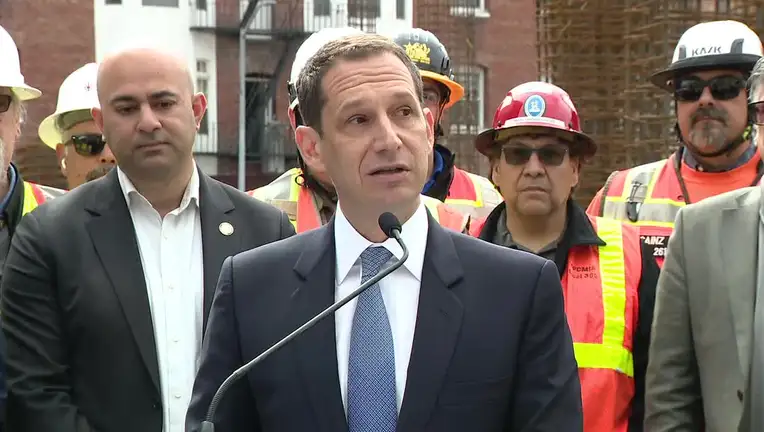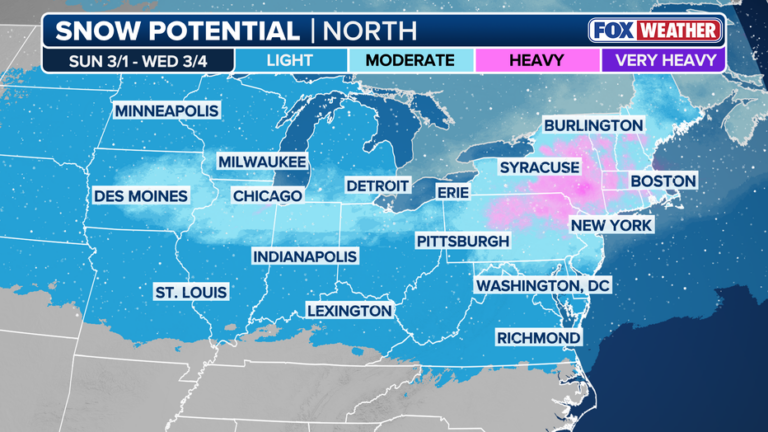 Flood insurance rate increases for hundreds of thousands of people would be put off under a bill that’s steaming toward passage in the Senate, powered by coastal lawmakers telling horror stories of constituents at risk of losing their homes with the implementation of an overhaul of the federal flood insurance program passed less than two years ago.
Flood insurance rate increases for hundreds of thousands of people would be put off under a bill that’s steaming toward passage in the Senate, powered by coastal lawmakers telling horror stories of constituents at risk of losing their homes with the implementation of an overhaul of the federal flood insurance program passed less than two years ago.
Its future remains uncertain in the House, where a much more modest plan is under development.
The legislation, which could pass the Senate as early as Wednesday, would delay for up to four years premium increases set to phase in next year on homeowners facing whopping premium increases under new flood maps. It also would allow homeowners with subsidized insurance policies to pass them on to people who buy their homes.
Other changes, including higher premiums for frequently flooded properties and on 1.7 million second homes, would remain in place. The White House is cool to the measure, but it has not threatened a veto.
A sweeping overhaul passed in 2012 was designed to make the federal flood insurance program more financially stable and bring insurance rates more in line with the real risk of flooding.
However, the new rates have caused panic among hundreds of thousands of people who face big premium jumps as flood maps are updated in coming years. The loss of subsidies when homes are sold has put a damper on the real estate market and threatened home values. Some homeowners are caught in a Catch-22: facing rates that, once phased in, they won’t be able to afford. But the alternative of selling their homes is difficult because the new owner would have to pay the higher rates immediately.
The Senate measure to delay some of the changes is likely to pass after votes on a host of amendments, including a plan by Sen. Pat Toomey, R-Pa., to phase in rate increases more slowly. It was unclear whether the measure will pass on Wednesday or Thursday.
Opponents of the legislation says it essentially unravels reforms passed less than two years ago under the leadership of former Rep. Judy Biggert, R-Ill., and Rep. Maxine Waters, D-Calif., that were design to make the much-criticized flood insurance program actuarially sound. Critics of the program say it encouraged building in risky areas, has essentially put taxpayers on the hook for $24 billion in losses, and requires homeowners in less risky areas to subsidize below-market rates for others.
Backers of the bill say the implementation of the Biggert-Waters law has played out in unintended ways, especially for people who face massive, unaffordable premium hikes — phased in over five years — under new flood maps, some of which are incorrect or have failed to account for local flood mitigation efforts.
“I’m all for helping people who are really pinched in this deal,” said Sen. Tom Coburn. “But this is a wide-swath, help everybody and it really defeats the Whole purpose of Biggert-Waters in the first place.”
Congress has already stepped in to delay premium increases scheduled for later this year with a provision tucked into this month’s government-wide funding bill. That provision gives relief to those facing increases because of new maps but doesn’t allow people to pass below-market rates on to people who buy their homes.
Its future in the House was uncertain at best, where Speaker John Boehner, R-Ohio, and Financial Services Chairman Jeb Hensarling, R-Texas, oppose the Senate bill but are considering a far more modest measure that would leave more of the 2012 overhaul in place. Democratic Rep. Cedric Richmond, who represents New Orleans, said there’s sweeping support in the House behind the Senate measure if GOP leaders would allow a vote. He warned of the potential for another mortgage crisis.
“Some people are going to choose to walk away from their homes — or they’re going to have to walk away from their homes — because they can’t afford the flood insurance,” Richmond said. “Then that property is going to go back to the bank, which is going to have a hard time selling because people are not going to pay $5,000 or $6,000 a year for flood insurance.”
The federal flood insurance program, which was established in 1968, has incurred big losses, most recently with Superstorm Sandy in 2012, and is $24 billion in debt to taxpayers.
The program helps 5.6 million policyholders, 20 percent of whom receive subsidized policies for older homes built before communities joined the flood insurance program.
Under the 2012 changes, owners of second homes, frequently flooded properties and businesses in flood areas would gradually lose their subsidies and pay 25 percent more a year until they reach an actuarially sound rate. Others get to keep their subsidies but can’t pass them on when selling their homes.
The 2012 law also phases out below-market rates for owners of “grandfathered” properties — those that were built in compliance with earlier flood risk estimates but whose flood risks have increased under new maps. Those homeowners would see their flood risks re-estimated and would see higher rates phased in over five years. Other homeowners, whose premiums subsidize those with grandfathered rates, could see their rates go down.
(AP)










